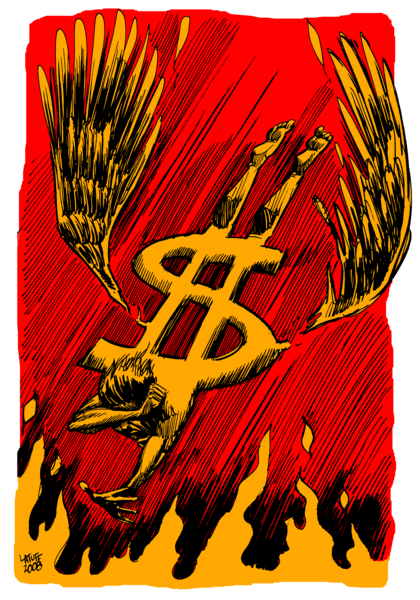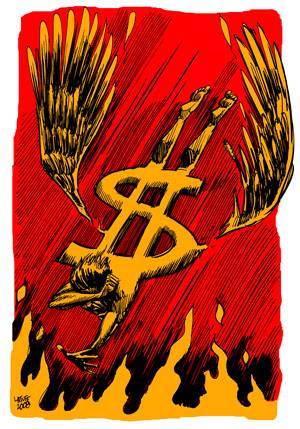
Capitalism’s economic singularities
"Today, in numerous areas, from automation to green energy to information technology, we are seeing a validation of Marx's assertion: that society's productive forces at a certain stage come into conflict with the way in which society is organised. These "economic singularities", as Adam Booth discusses, demonstrate clearly that the system has broken."










 Join us!
Join us!